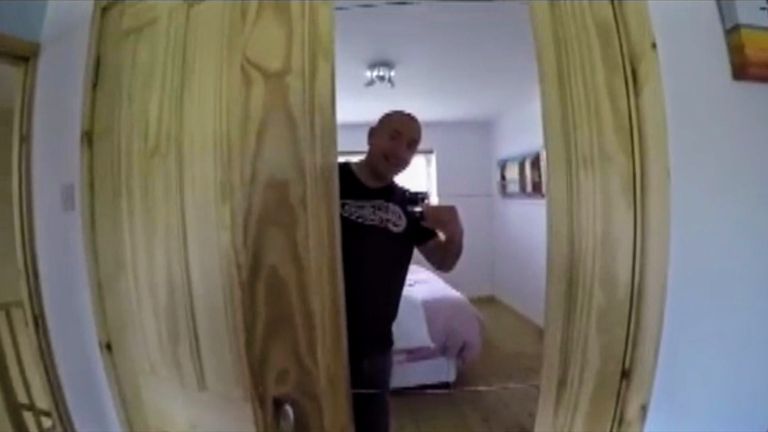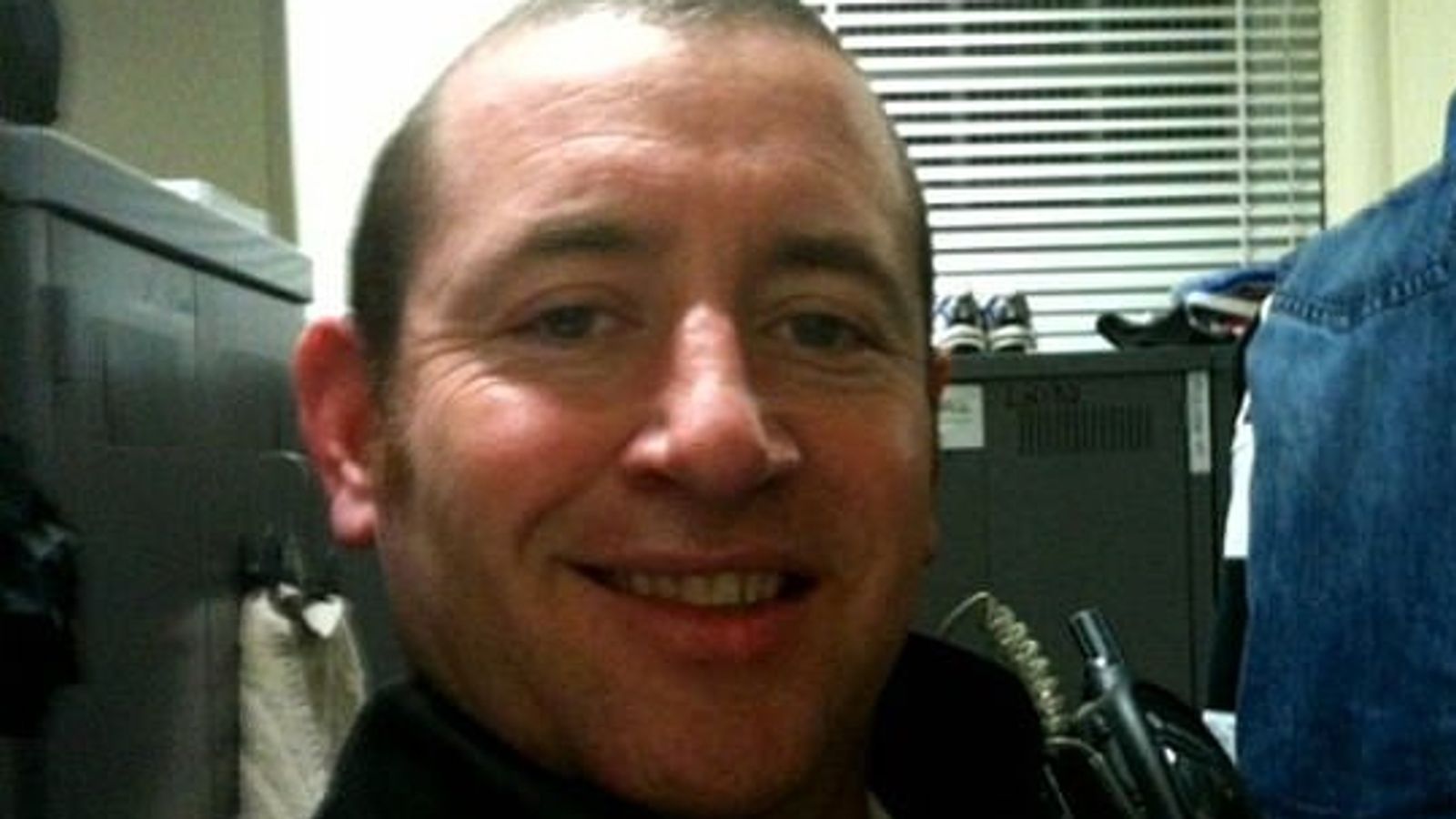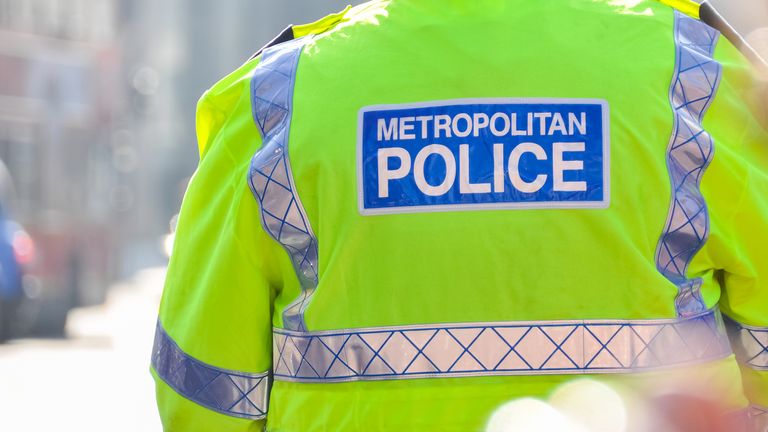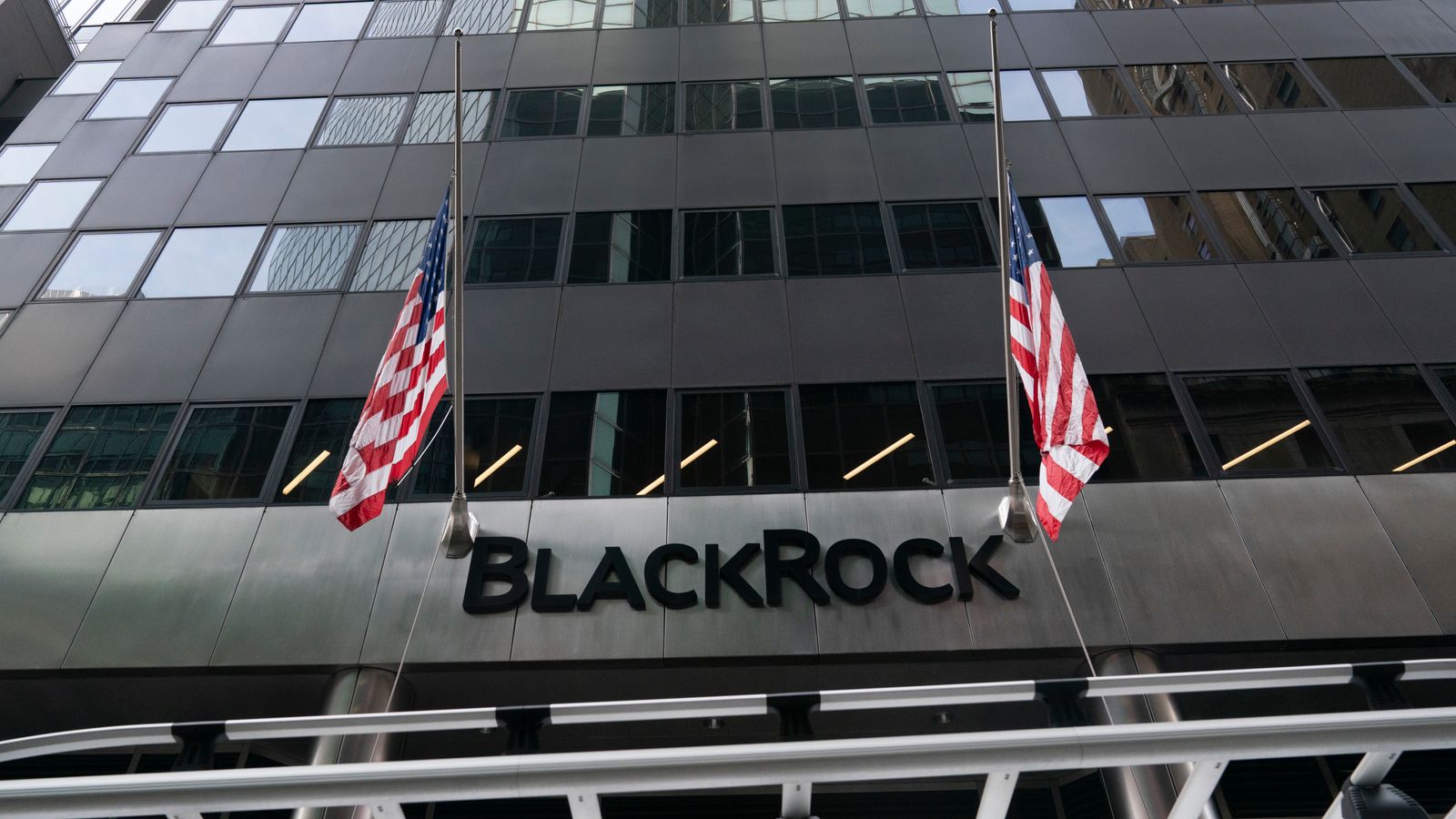
Police officers who allowed PC David Carrick to continue working despite serious allegations against him should be named and shamed, the mother of two women murdered in London has said.
Mina Smallman said the latest scandal to engulf the Metropolitan Police had “retraumatised” her after two constables were jailed in 2021 for sharing images of the bodies of her daughters, Bibaa Henry and Nicole Smallman.
Carrick, 48, has admitted dozens of offences, including 24 rapes, in attacks on at least 12 women over an 18-year period in the force.
His case follows others in which London officers have committed serious crimes, including Wayne Couzens, a serving police officer who abducted, raped and murdered Sarah Everard in 2021.
Ms Smallman told Sky News: “I want the police officers whose duty it was – who met with [Carrick] and had to talk to him – I want their names. I want them publicised because they are culpable.
“We keep on skirting around that issue, but who are these people who are saying ‘it’s alright mate, you’re part of the club. Keep your nose clean and it will disappear’. This is happening time and time again.”
Despite nine allegations being made about Carrick, including rape and domestic violence, the police watchdog has said it has no plans to investigate any officers or staff.
Such processes are normally initiated by a referral from the force concerned, but the Independent Police Complaints Commission told Sky News none had been received.
Carrick joined in 2001 and had the work nickname of “b****** Dave”. He later worked in the diplomatic protection unit guarding parliament and foreign embassies.
Sir Mark Rowley, the Met’s recently appointed commissioner, has revealed in recent days that 1,000 sexual and domestic abuse claims are being investigated against around 800 officers.
Read more:
Victim of Carrick describes months of physical and mental abuse
Timeline of Met’s missed opportunities to stop serial rapist
Ms Smallman, now a women’s safety campaigner, told Sky News: “These are the people that we just know about.
“There are others that are in the pipeline and there are others that got through and they’re still serving – there are more.”
She said “the fruits of the neglect of vetting” were being seen and suggested dangerous offenders were joining the Met to abuse the power it offers.
“We are letting in these people who are deliberate predators… [there’s a culture of] perpetrators speaking to other perpetrators, saying ‘come and join the police, they can’t touch us, you can do what you like’.
“I believe that’s a conversation that has taken place – and is taking place – in our police force. We need to get to grips with the rot that’s taken hold in what was a police force that was admired.”
Carrick was only suspended after he was arrested over a second rape complaint in October 2021 and Met bosses have apologised that officers had not “joined the dots”.
Assistant Commissioner Barbara Gray said Carrick had committed the “most horrific, degrading crimes” and that it was a “matter we are truly sorry for”. Suella Braverman, the home secretary, called it a “dark day” for policing.
She told the Commons on Tuesday she was starting a review into police dismissals and that she would “not shy away from challenging the police to meet the standards we all expect of them”.
‘This man was an animal… They gave him a gun’
That Carrick was allowed to have a firearm was especially shocking, Ms Smallman told Sky News.
“This man was an animal, a known animal, and what did they do? They gave him a gun.”
Ms Smallman said she backed Sir Mark and that he should be supported as he tries to reform the force.
She said the vast majority of good officers should also be made to feel confident in reporting worrying behaviour.
“We need to empower the good ones because the bad ones are very kind of cliquey,” she said, adding that those who speak up are often “ostracised and can say goodbye to going up in the ranks”.
After Carrick’s guilty pleas on Monday, Sir Mark admitted there had been institutional failure.
“We have failed. And I’m sorry. He should not have been a police officer,” he said.
“We failed as investigators where we should have been more intrusive and joined the dots on this repeated misogyny over a couple of decades.
“And as leaders, our mindset should have been more determined to root out such a misogynist.”













